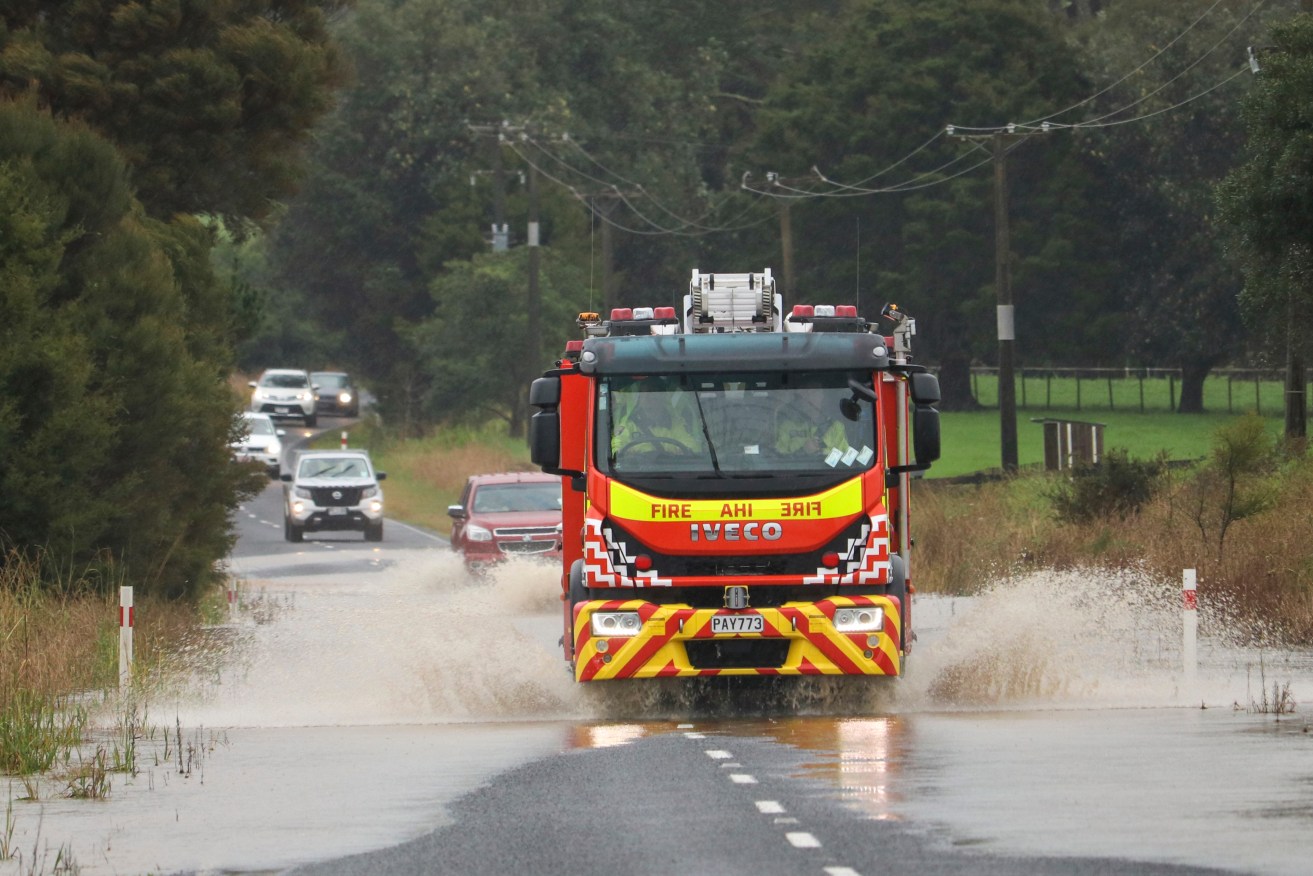Few Aussies grasp serious, urgent climate threat

The UN warns the planet is likely to cross a critical warming threshold within the next decade. Photo: AAP
Most Australians don’t see climate change as an extremely serious problem right now, despite warnings this decade is critical in the fight for a liveable planet.
Griffith University has released its annual climate action survey, which explores what thousands of Australians think about climate change.
Most respondents – 57 per cent – believe Australia has started to feel the effects of climate change. But only 15 per cent say climate change is an extremely serious problem now.
About eight per cent think its effects will be felt within the next decade and 13 per cent say they’ll be apparent within 50 years.
The results expose a gap between how Australians perceive the threat, and the urgency expressed by the global scientific community.
The UN’s Intergovernmental Panel on Climate Change warns the planet is likely to cross a critical warming threshold within the next decade.
It says an immediate, drastic shift away from fossil fuels is needed to hold warming to 1.5C. Beyond that humanity will find it far harder to cope with climate-fuelled floods, heat waves, drought, crop failures and rising seas.
Survey architect and Griffith University Associate Professor Kerrie Foxwell-Norton says it’s alarming there’s still such a chasm amid UN warnings of a code red for humanity.
She notes 71 per cent of Australians feel either fairly or very concerned about climate change.
But given what’s at stake and how little time there is to achieve seismic change, she says that’s a “lukewarm” response.
“There’s definitely signs of change. But is it the sort of change required in this critical decade to keep things below 1.5C? No.”
The survey showed 37 per cent of respondents had directly experienced at least one extreme weather event or natural disaster in the year leading up to the survey in the final four months of last year.
And 32 per cent were directly exposed to flooding that ravaged Australia last year. Those people showed much greater concern about climate change and expressed greater urgency about the need for action.
Assoc Prof Foxwell-Norton says there’s an opportunity to harness the power of their experiences to address another finding: 68 per cent of Australians use their own observations and experiences as a main source of climate change information.
That’s on par with other popular sources including the media, and the Bureau of Meteorology. TikTok and Twitter, now X, were among the least used.
Heavy reliance on personal experiences should inspire new ways to communicate, she said.
“After decades of communicating through climate science and prioritising it, it’s failing to register in the sorts of time frames required for transformative change.”
She says more localised stories, about local impacts, should be part of the solution.
“The reliance on personal observations says they’re not listening to scientists, they’re looking at the window and saying ‘I think the weather is all right’.
“If people are relying on their own observations, they’re also doing their own storytelling. That will be a more effective way in which to engage and empower communities.”
The survey polled 2767 people nationwide.
A further 1263 who participated in the first survey in 2021 were polled again last year but their responses weren’t included in the national results, as they weren’t representative of the general population.
But the inclusion of repeat responders is an important feature of the survey, which will continue until 2025.
Over time, it will be possible to see how attitudes are changing among the same cohort.







